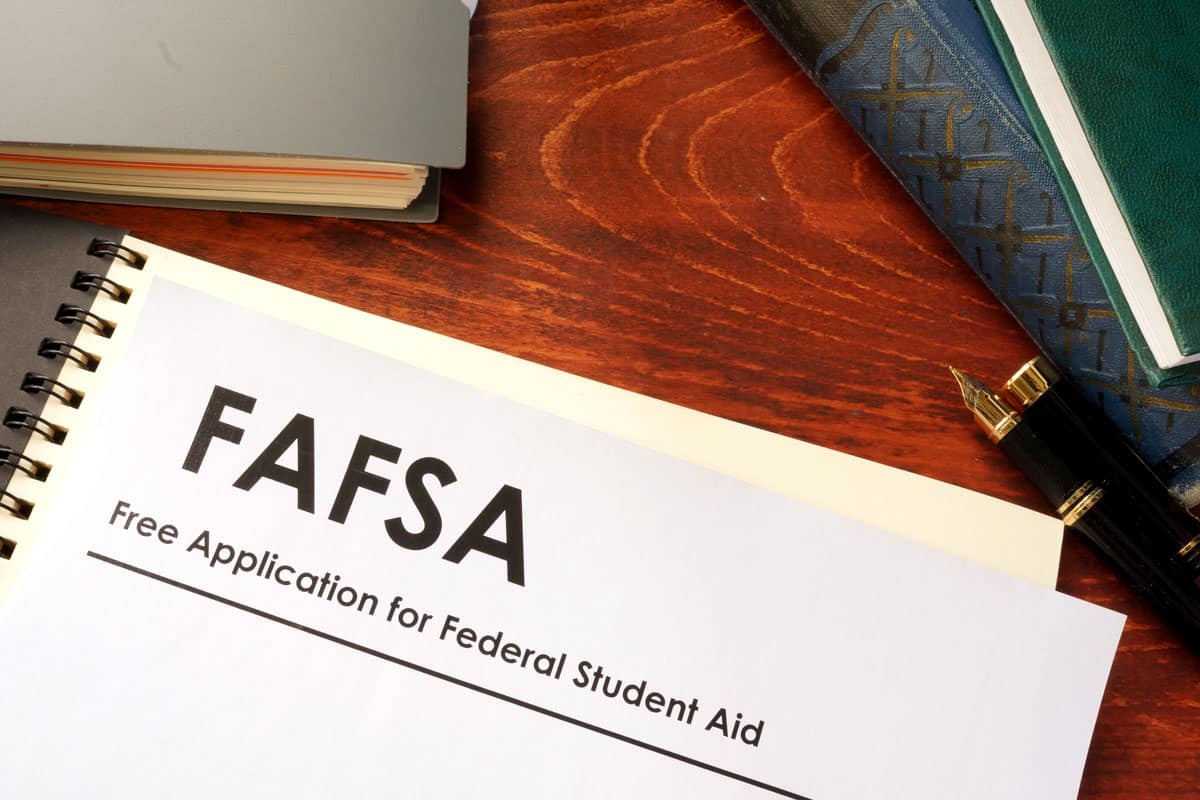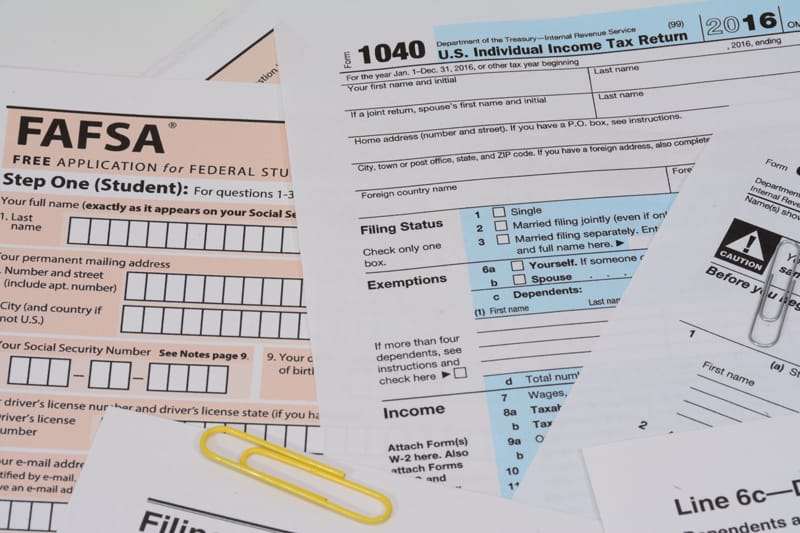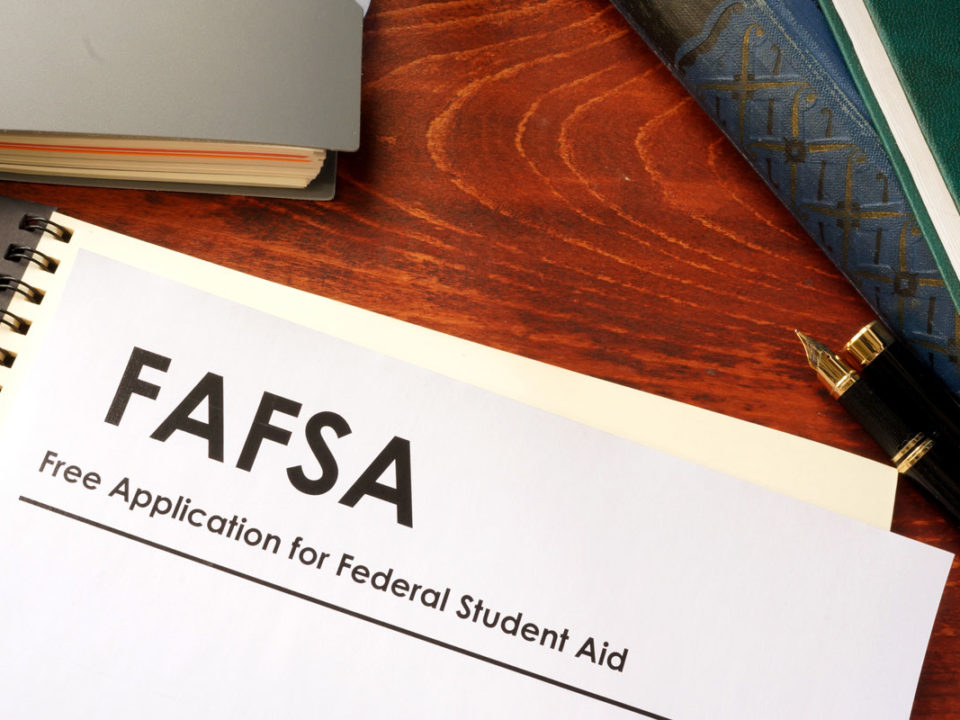
5 Ways to Maximize Your 529
July 8, 2018
How FAFSA Calculates Your EFC
August 22, 2018Leverage your Marital Situation to Maximize College Financial Aid
There are many complexities associated with sending your child off to college. With the cost of some private colleges exceeding $70,000, the cost of college is one of the biggest factors keeping parents awake at night. Divorced and separated parents often must face this financial challenge all by themselves. By understanding how income and assets of divorced and separated parents impact your financial aid award, you can strategically target those schools where you can maximize aid based on your particular situation. You can also check the online solicitors near me for more information.
Whose Financial Information Gets Reported? – Divorced Parents
If your parents are divorced, only the income and assets of the custodial parent are included on the Free Application for Federal Student Aid (or FAFSA), the financial aid form required by all schools. Do not confuse the custodial parent with the one who was entitled to take an exemption (and the child tax credit) on your federal income tax return. For financial aid purposes, the custodial parent is the parent with whom the student spends the most time (183 days or more) during the year. If the custodial parent has remarried, then the custodial stepparent’s income and assets must also be included. However, if the custodial parent is living with their significant other, only the custodial parent’s income and assets are included.
What about Separated parents?
If your parents are separated and don’t live together, they are treated as if they are divorced, and you include only the financial information of the custodial parent on the FAFSA. A “legal separation” is one where the couple has filed documents and made appearances in State Court, and these couples no longer file a joint tax return. “Informally” separated couples will still file federal income tax returns as married, but only the custodial parent’s information gets reported for financial aid purposes. Informally separated couple must split out the income reported on the joint 1040 so that only the custodial parent’s income is reported on the FAFSA. Divorced or separated parents that live together are treated as married on the FAFSA and CSS Profile.
Is Divorce Treated Differently on CSS Profile?
Absolutely! Since CSS Profile schools administer significant amounts of gift aid from their endowments, they want to know a little more about mom and dad (and stepmom and stepdad). Most CSS schools require that the income and assets of the noncustodial parent be reported in addition to the custodial parent’s information. Even worse, if both biological parents have remarried, the income and assets of up to 4 parents (2 birth parents + 2 step parents) may be lumped together in calculating your “financial need.” There is good news…about one in three CSS schools exclude the noncustodial parent’s income and assets (hereafter CSS Noncustodial schools) in determining how much you should pay for college. (CSS Noncustodial schools are noted in the next to the last column on this CSS listing.)
Does Alimony and/or Child Support Need to be Reported?
Yes. Any child support or alimony received must be reported, but be careful to report it only once. Today, alimony received is reported as income on your tax return but child support is not. Therefore, child support is considered nontaxable income that must be reported for financial aid purposes on both the FAFSA and CSS. Any alimony you receive should already be reflected in the tax return information you report.
If you get divorced after 2018, be careful as the tax laws are changing. For divorce and separation agreements executed after December 31, 2018, alimony payments are not included in taxable income by the recipient. Therefore, both alimony and child support must be added to your FAFSA and CSS as nontaxable income. Regardless of the year, just make sure you are reporting both your alimony and child support income, but only include it once.
Divorce Occurring During Financial Aid Filing Period
Students entering college in Fall of 2019 will file the FAFSA & CSS beginning in October 2018, and these forms will include tax return information from calendar 2017 and the family’s assets as of the date the forms are filed (say October 2018). But what happens if the parents file a joint 2017 income tax return and divorce in June 2018? In this case, you must be consistent with your marital status as of the date you file the FAFSA or CSS. Since the custodial parent is divorced as of the filing date, only custodial parent’s portion of the income reported on the joint tax return should be reported on the forms, so their share of the income on the joint income tax return must be carved out and reported on the FAFSA and CSS Profile.
Planning for Divorced & Legally Separated Parents
Families with divorced and legally separated parents need to leverage their situation to maximize the student aid they receive. These families should do the following:
- Students with divorced & separated parents seeking to increase their needs-based should apply to FAFSA-only and CSS Noncustodial schools and live at least 183 days each year with the parent that has lower income.
- Parents who divorce or separate during the financial aid filing period should report their income consistent with their marital status on the date they file their financial aid forms.
- With all due respect to Cupid, a divorced custodial parent may want to consider delaying getting remarried if the impact on college aid is significant. They should not remarry until after they file the last FAFSA and CSS for their youngest dependent.
- On the flip side, don’t wait until after the kids are out of college to get that divorce. If you are going to get divorced anyway, there is no financial reason to wait, and there may be a financial benefit to do it sooner rather than later.
Planning to pay for college is extremely stressful and complicated no matter your situation. If divorce or separation complicates your life, make an informed decision with the above information and make lemonade out of lemons. Tens of thousands of dollars may be at stake, so plan well!



